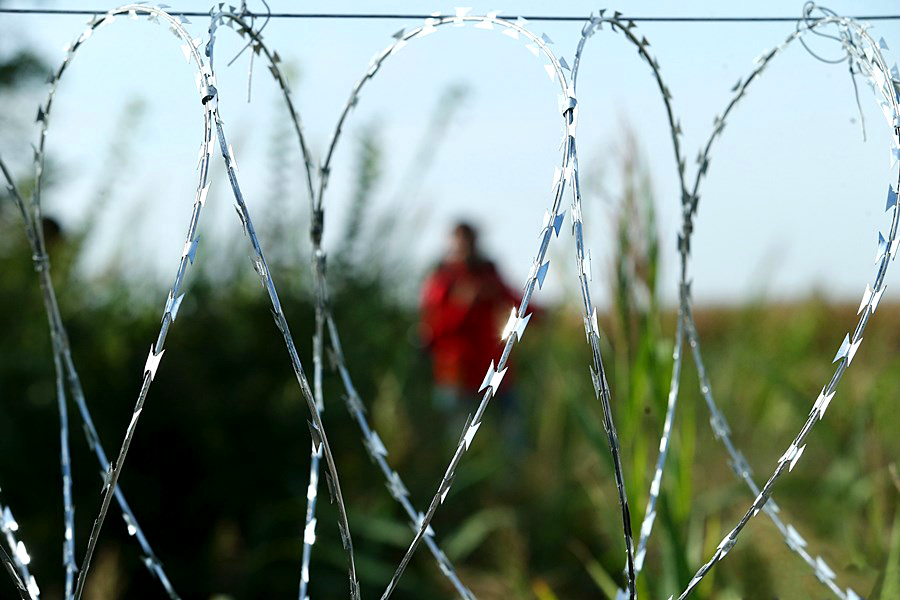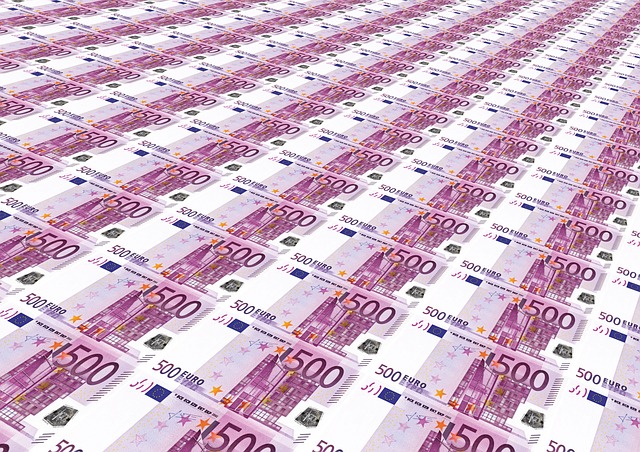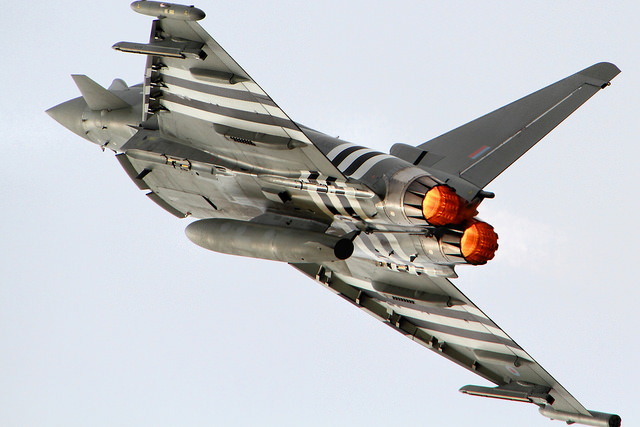An outstretched hand for the Balkans

The European Union (EU) hasn’t had a great track record on enlargement recently. Some countries have felt that as soon as Brussels announced a tentative timetable for accession—what the EU calls a ‘membership perspective’—the initiative has been quickly and quietly forgotten.
The Balkans are no exception. Therefore, the comprehensiveness of the EU’s strategy for the Western Balkans published in early February came as somewhat of a surprise. Nevertheless, the EU has a major strategic interest in creating stability, security and prosperity in its immediate neighbourhood. No one wants to repeat the bloody Balkan wars of the 1990s or the migration crisis of the last two years. That means giving serious consideration to the western Balkans nations eventually joining the EU.
The EU strategy identifies specific initiatives ‘to support the transformation of the Western Balkans’. These focus on the rule of law, migration and security, socio-economic development, infrastructure, digitalisation and regional reconciliation. All aim to help Serbia, Bosnia and Herzegovina, Kosovo, Montenegro, Macedonia, and Albania in their reform processes. If successful, candidate countries could join the EU by 2025.
The EU’s commitment shows that its current member states support the Balkan countries’ eventual accession and are prepared to assist organisationally and financially during the region’s transformation. That will particularly allow for the monitoring of the quality of reforms. It also binds the EU to ‘welcome new members once they have met the criteria’—in order to avoid empty promises and to maintain the EU’s credibility.
One of the candidate countries’ most important steps is to fulfil Article 49 of the Lisbon Treaty, including the Copenhagen Criteria—institutional stability that guarantees democracy, a market economy, and the ability and willingness to take on the obligations of EU membership. According to the European Commission: ‘Joining the EU is far more than a technical process. It is a generational choice, based on fundamental values, which each country must embrace more actively …’
Montenegro and Serbia are the only two of the six candidates that have begun official membership talks. The EU strategy outlines specific steps for both countries that could lead to EU membership in 2025. That attention caused joy in Belgrade and Podgorica. The other four states were less cheerful because they received only renewed encouragement to reform.
Nevertheless, the document is an invitation to board the EU ship. European Commission President Jean-Claude Juncker repeated this message constantly during his tour of the region at the end of February.
While all six candidates share similar challenges—corruption, sovereignty and autonomy disputes, and weak rule of law, to name just a few—every country has unique issues. For example, Serbia can’t join unless it normalises relations with Kosovo because the EU won’t ‘import’ situations that could destabilise the union.
Albania is experiencing internal struggles over its judicial reforms. Opposition MPs released smoke bombs in parliament last year to protest the government’s appointment of an interim general prosecutor. Establishing the office of the prosecutor is a required reform step. However, the opposition wanted the prosecutor to be appointed by an independent commission rather than by the ruling party, in part because the prosecutor will be charged with cracking down on corruption, including among politicians.
The Balkan economies aren’t yet competitive enough to survive the EU single market. For example, Bosnia and Herzegovina is experiencing its highest youth unemployment rate for years (54.3% in 2016), a level surpassed recently by Kosovo (57.6%).
Bosnia and Herzegovina isn’t struggling only economically. The internationally brokered Dayton Agreement of 1995 was the best solution at the time to end the war and to provide a pathway for peaceful state building. However, more than 20 years later the agreement’s rules have cemented ethnic frictions.
Political candidates must identify with one of the three societal and ethnic groups. Candidates who decline to identify as either Bosnian-Serb, Bosnian-Croat or Bosniak, can’t participate in elections. Despite a common flag, common anthem and common sports teams, a national identity for Bosnia and Herzegovina remains far from reality. Becoming a member of the EU would allow its citizens to identify as European—perhaps bridging rifts in society and developing a common view of the future, particularly for the younger generations.
All six western Balkan states should grasp the EU’s outstretched hand. Russia monitors closely what’s going on in the Balkans—as Russian Foreign Minister Sergei Lavrov’s recent visit to Belgrade shows—especially activities associated with EU or NATO membership. It cracks the whip when it feels it’s necessary. But Moscow’s behaviour shouldn’t intimidate the western Balkan states—witness Montenegro’s recent accession to NATO.
It’s in Europe’s long-term strategic interest that the western Balkan countries meet the EU’s criteria and initiatives for membership. And the six candidates shouldn’t see the accession process as a competition to be the first to join. It’s in their collective interest to face current and future challenges together.
Achieving membership for the six would also send a strong message to Russia that the Balkan countries aren’t just a part of Europe geographically, but part of a wider EU family sharing common values.







 Major geopolitical shifts can be unexpected, such as the once unthinkable situation of European unity
Major geopolitical shifts can be unexpected, such as the once unthinkable situation of European unity
